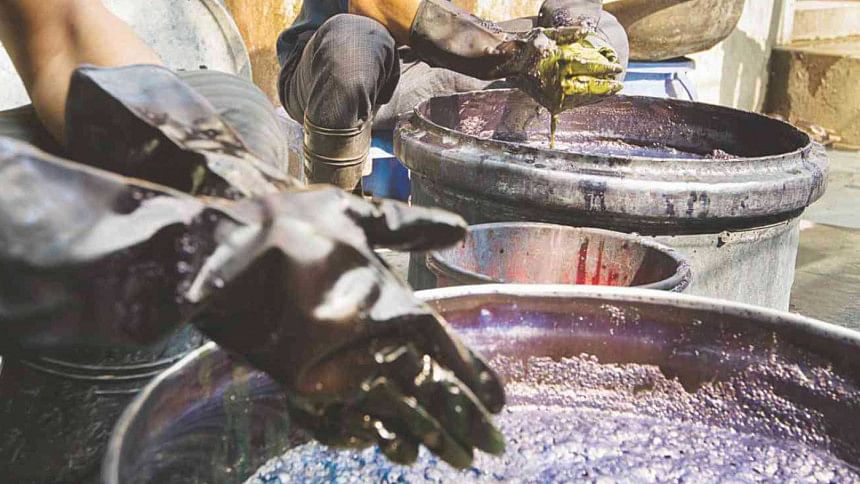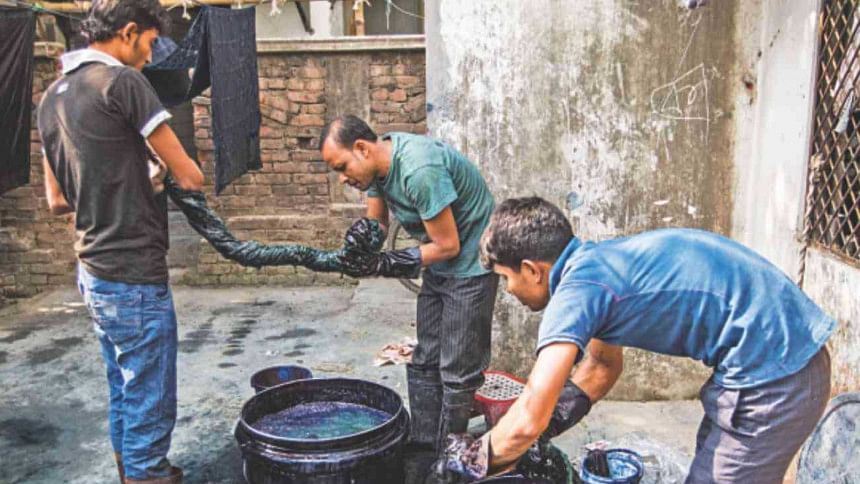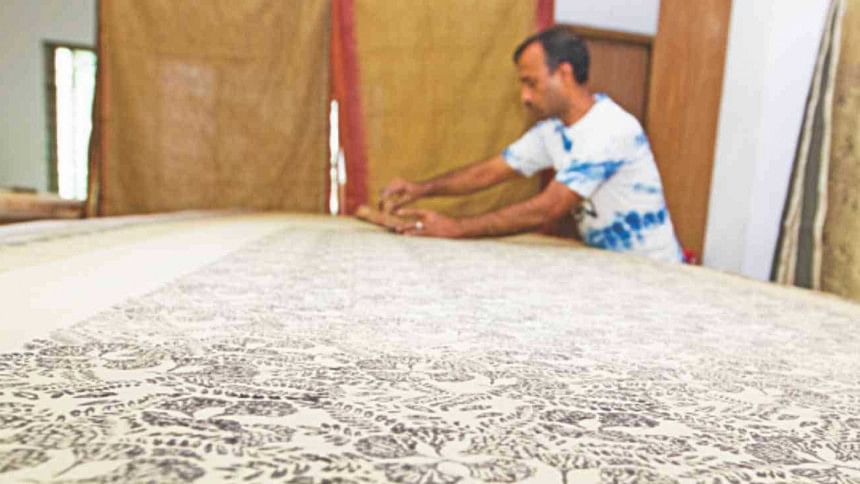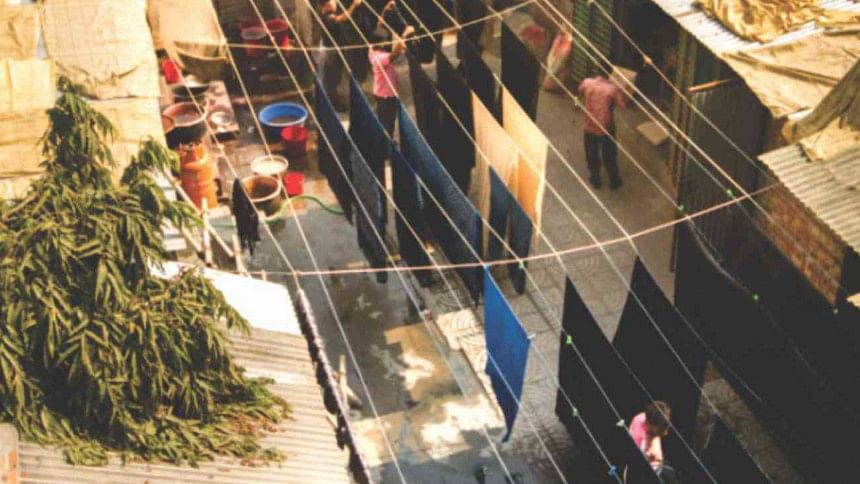Why you should care about Fair Trade

Have you ever thought about where the products you use everyday come from?
Consider this: You visit the supermarket and buy the Pink Soap, because it smells nicer than the Green Soap. Immediately, you have toppled a string of dominoes. The supermarket will recognise the higher demand for the Pink Soap and order it more than the Green Soap.
The Pink Soap owner will see a rise in sales. To meet the increased demand, the owner will hire more workers. A new employee will now be able to fund her child's education thanks to her wages. The Pink Soap factory landlord will be guaranteed a steady stream of rent income. The small restaurant by the factory will have more customers. The farmer who supplies vegetables to the restaurant will have more sales. Thanks to his increased income, he will be able to purchase more nutritious food such as proteins for his young family. His children will grow up as more physically and cognitively adept citizens.

As a consumer, every product you buy and every product you shun play a part in determining not only the income of some individuals, but the growth of the economy as a whole.
There is, however, another side to the coin. The Pink Soap factory does not comply with environmental standards, and dumps all its waste into the neighbouring lake. The small restaurant's primary water source is this lake. The owner has hired more people, but has not expanded the premises; hence the workers operate in a congested, hazardous environment.

And this is why you should care about the source of your products, especially due to the lack of compliance with and enforcement of health, safety and environment standards in our country.
What is Fair Trade?
Contrary to popular belief, fair trade is more than an embroidered bed sheet with the background story of a woman in rural Bangladesh who makes them for a living. As consumers, we get to see only the retail side of it; however, the question of fairness arises much earlier, when the production process initiates. The concept of "Fair Trade" seeks to tackle exploitation of workers in developing countries by offering better trading conditions to, and securing the rights of, marginalised producers and workers. According to the World Fair Trade Organization (WFTO), fair trade has 10 principles that must be complied with in the supply chain, which not only includes producers but also the buying behaviour of organisations and individuals.

Making Fair Trade Mainstream
If you visit fairs such as the Dhaka Craft Bazaar, you will be pleasantly surprised at the amount of small fair trade firms and their beautiful products. However, you are unlikely to come across them on a regular basis. In this regard, foremost natural dye organisation Aranya is one of the few firms who have successfully brought fair trade principles to the masses through their handicrafts and clothing line. The question, though, is why aren't more fair trade organisations competing in the mass market?
"When I started Aranya, I followed the commercial business model, but I wanted to establish favourable working conditions and supporting benefits for my employees. So I had adopted the fair trade principles incidentally," says Ruby Ghuznavi, Executive Chairman of Aranya Crafts Ltd. and Honorary Member of World Crafts Council-Asia Pacific Region.

For fair trade to be sustainable, perhaps the key is to work the other way round. "Instilling fair trade best practices in commercial operations is possible, if producers are made aware of the long term benefits of looking after employees' and consumers' wellbeing," adds Ghuznavi.

Misconceptions about Fair Trade
Fair Trade is not charity; to purchase fair trade products is a mark of consciousness, and to produce fair trade products should be viewed as a smart business decision that will improve operations.
Fair trade goods are also mistakenly perceived to be more expensive, but they are actually competitively priced because they eliminate the middlemen, who take a sizeable chunk of earnings as commission.
Fair trade is not just about highlighting your company externally; internally, the practices fair trade promotes, such as safe working conditions, will go a long way in increasing the efficiency of a business due to staff satisfaction, a fall in appeals for sick leave, and hence higher staff retention rates.
Rephrasing Fair Trade to "Fair Corporations"
The 10 principles of fair trade should not only apply to business who seek the "fair trade" label; in fact, it is unfortunate otherwise, as it this implies people who do not fall under this label do not comply with such basic standards.
The concept of fair trade has created quite a stir in first world countries due to some of the terrible working conditions of developing countries displayed in the media. Incidents such as the Rana Plaza collapse further confirmed the need to address workers' rights when manufacturing any product.
While other countries are concerned about the welfare of our workforce, time and again it is apparent that a lot of our local producers are not. The attitude of producers regarding their employees need to change; due to the huge supply of labour, we tend to grossly undervalue our workers. On the other hand, it is true that importers pressure local producers to cut down on costs as much as possible. To really bring fairness to trade, there has to be a mutual acknowledgement of the value of human beings who are involved in the production process.
As consumers, we play an integral part in deciding what goods we buy, and we should consider the impact our purchases have on people behind the scenes as much as we can. Realistically, we might be inclined to buy the cheaper product. But if it is not a question of price and there are substitutes available, it is our responsibility to consider where the products we buy come from. Every purchase can make a difference.
Photo: Sazzad Ibne Sayed
Model: Azim, Meghla
Wardrobe: Aranya
Location: Aranya Production Centre
Special thanks to Ruby Ghuznavi
.....................................................................
The writer is a Feature Writer, Star Lifestyle, The Daily Star.

 For all latest news, follow The Daily Star's Google News channel.
For all latest news, follow The Daily Star's Google News channel. 



Comments